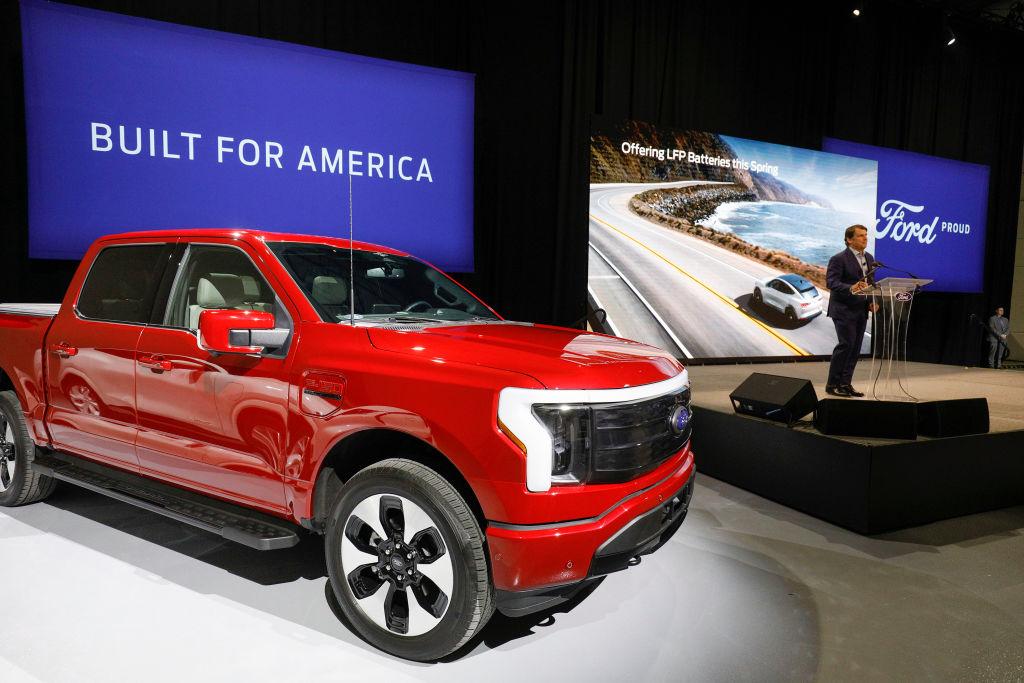Ford Motor Co. faces a potential congressional subpoena related to the automaker’s agreement for a now-paused electric vehicle project in Michigan with a Chinese battery maker, as House Republican lawmakers said the automaker has repeatedly refused to fully answer questions or provide requested documents about the pact.
In a letter to Ford CEO Jim Farley on Sept. 26, three House committee chairs said the company patronized their requests by giving a narrative reply without turning over necessary documents related to the partnership with China’s Contemporary Amperex Technology Co. Ltd. (CATL). They requested the same information they had sought in letters between April and early this month, and warned of the consequences of repeated defiance.



